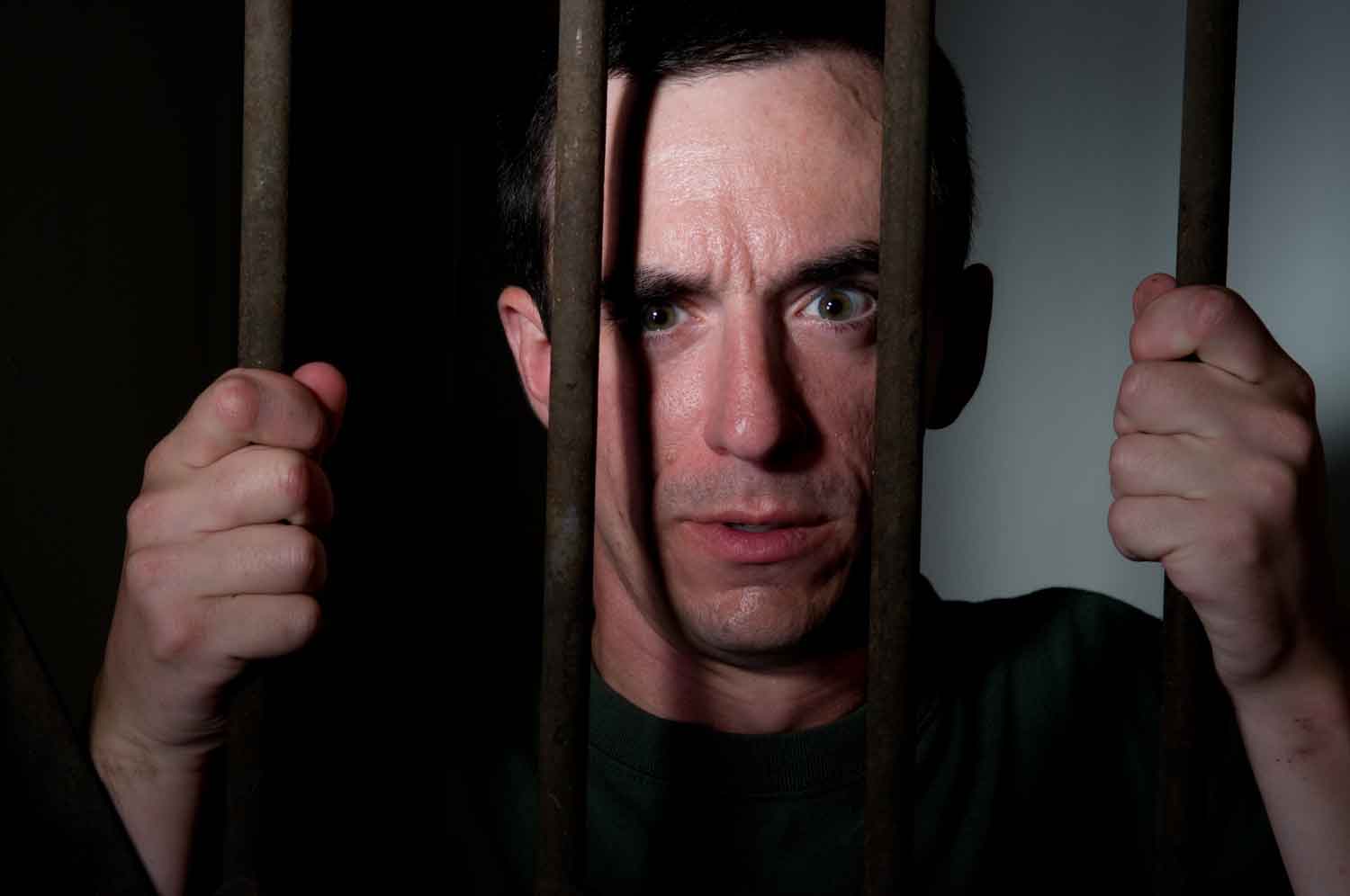
Friends, please, if you’re an abuser, or you are related to one, or you know one, you have a responsibility to get such a person to an institution, fast! I have a dream that one day, the sledgehammer will fall, and no one will be spared. Perhaps I should remind us all of what the law says about sexual abuse. For instance, Lanre Adedeji, in the online magazine ‘the Lawyer’s Chronicle’ says, “In Nigeria for instance, the Criminal Code under section 357 and Penal Code under section 282 both provide for the offence of rape. Section 357 of the Criminal Code states that – any person who has unlawful carnal knowledge of a woman or girl, without her consent or with her consent, if the consent is obtained by force or by means of threats or intimidation of any kind, or by fear of harm, or by means of fraudulent representation as to the nature of the act or in the case of a married woman, by impersonating her husband, is guilty of an offence which is called rape” (read the full article here, http://thelawyerschronicle.com/constructing-the-crime-of-rape-and-the-boundaries-of-consent/).
Going further, the magazine states ” Of all sexual offences, rape is the most serious, the most feared and the most debated. It is an act of sexual violation (whether or not it includes any physical violence or force) which takes place without the consent of the victim. Consent is the crucial issue for these offences because the lack of consent is the essence of this criminal behaviour. It is one individual forcing another to undergo an experience against their will. It is a violation of the victim’s autonomy and freedom to decide how and with whom she (or he) would want to share any kind of sexual experience.”
While we’re primarily talking about the plight of the girl child, it is not out of place to make reference to boys as well. I remember the comment a friend of mine made when last I wrote something about rape. He told me point blank that he was raped by a nanny when he was a little boy. This is perhaps why there is need for our country to revise her penal laws on these issues.
Adedeji notes this concern: “There is therefore the need for countries like Nigeria to clarify and upgrade their laws to meet contemporary realities. The use of ‘Any person’ and ‘A man’ as stated by the Nigerian Criminal Code and the Penal Code respectively implies that rape can only be perpetuated by one man (in gender and number) against a woman. The question is, what happens when a man is raped (although some have argued that a man cannot be raped)? We have heard cases where women gang raped a man. Where is the provision for ‘gang rape’ which involves more than ‘a man’/’any person’? These definitions are restrictive, narrow, gender-imbalanced, unfair, lopsided and lack the exhaustiveness needed to accommodate the present uniqueness, intricacies and realities associated with rape today in Nigeria and the world over.”
-Rev. Fr. Oselumhense K. Anetor
